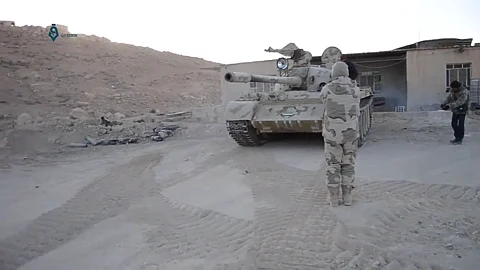

Fighting continued for a second consecutive day in southern Syria as Israel intensified its attacks on Syrian government forces following the outbreak of sectarian violence Sunday night.
Clashes erupted in the southern As-Suwayda Province between Arab Bedouin tribes loyal to President Ahmed al-Sharaa and the Druze community, which forms the majority in the region. By Monday, government forces began deploying to the south, engaging in large-scale battles with Druze fighters.
Israel launched airstrikes on Monday targeting Syrian military convoys. Backed by a segment of the Syrian Druze population, Israel has positioned itself as a protector of the Druze minority, a stance widely seen as part of its broader geopolitical strategy and justification for its continued presence in southern Syria.
On Tuesday, Syrian Defense Minister Murhaf Abu Qasra announced a ceasefire in Suwayda following negotiations with Druze leaders. The agreement allowed Syrian forces to enter the city to restore order. However, clashes persisted amid accusations from some Druze factions that the government had violated the truce.
Local estimates suggest that more than 200 people have been killed in the fighting so far, including dozens of government soldiers.
Although segments of the Syrian Druze community support Israeli involvement, most Druze leaders have condemned the Israeli strikes as violations of Syrian sovereignty. The Suwayda Military Council, which serves as the province’s de facto governing body, was among those to issue strong rebukes.
Since the fall of former President Bashar al-Assad, the new Syrian government has largely avoided sending forces into southern Syria due to repeated Israeli threats. Israel has warned that any re-entry by Syrian forces into the province would be seen as a breach of its policy of maintaining a “demilitarized” buffer zone.
The Druze community itself remains divided: some factions favor Israeli support, others insist on remaining armed and autonomous, while a third group seeks disarmament and integration into Damascus-led state structures.